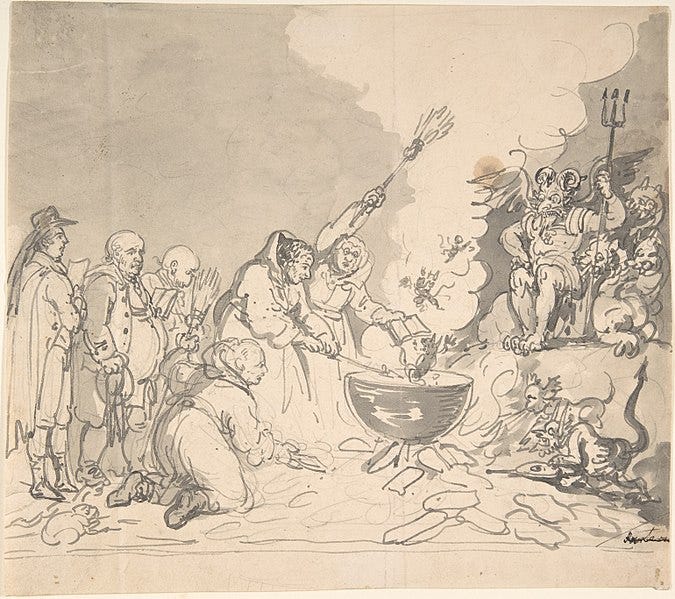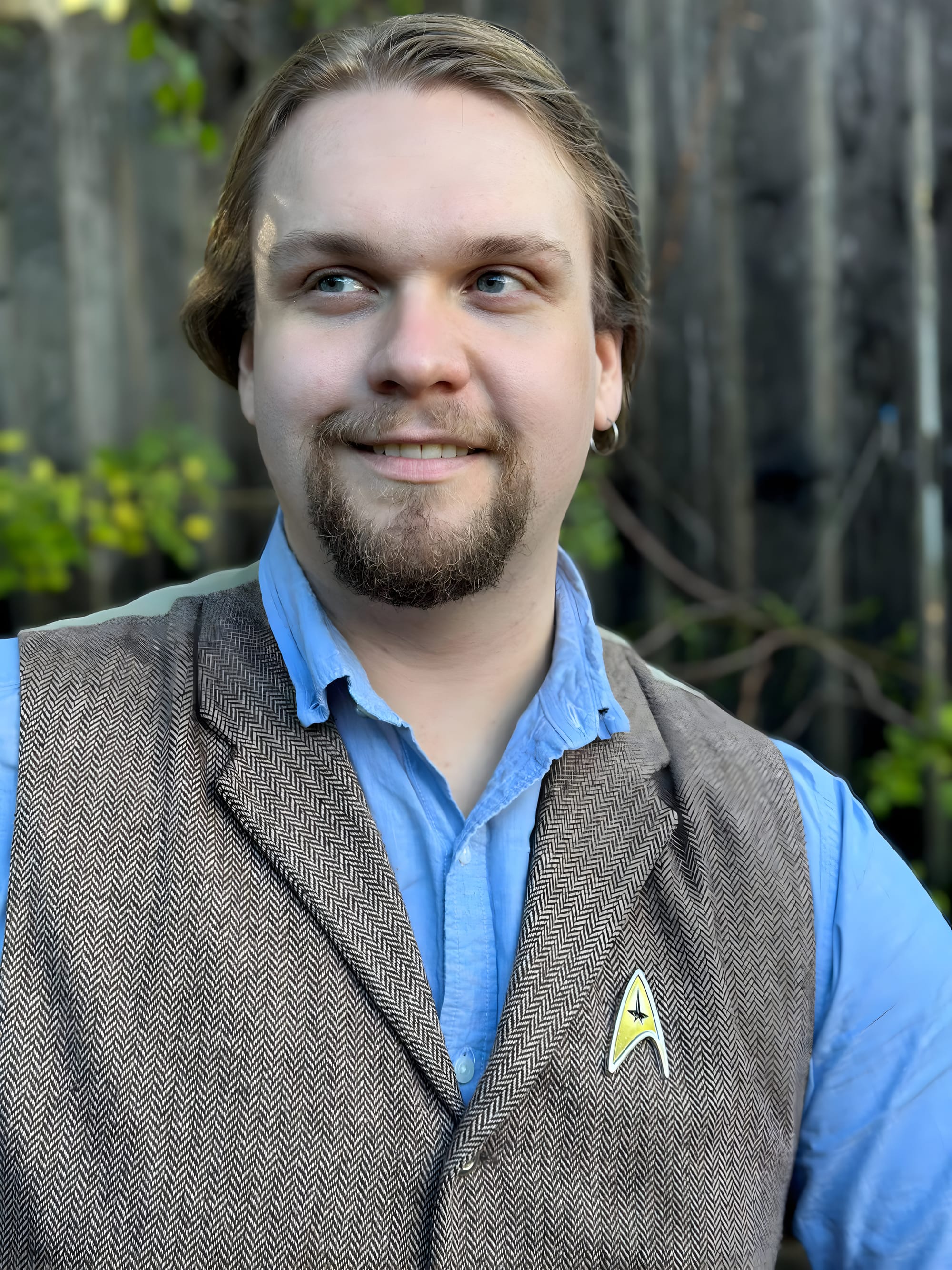During World War II, certain emergency laws were put into place, which were designed to secure “the public safety, the defence of the realm, the maintenance of public order and the efficient prosecution of any war.” These laws came as the Russian and Nazi non-aggression treaty went into effect, and it became clear that the balance of power had shifted.
But, while there were clear reasons to implement defenses against attack and subterfuge, the powers put in place were incredibly broad, and created an atmosphere utterly hostile to the functioning of democracy.
Sir Herbert Read, a renowned art theorist, anarchist philosopher, and public speaker, was one of the main leaders in building an argument against these totalitarian measures.
Read had long decried the emergency measures, but began speaking out actively against them following the imprisonment of four anarchists who were convicted for promoting “revolution.”
These anarchists, who were apparently engaged in anti-war activism near a military base, were not the first to be imprisoned under the new laws. In fact, the British government came down heavily on anyone who suggested that war was a net negative, including conscientious objectors who refused to fight on moral and religious grounds.
Read, of course, understood the dangers inherent in these sweeping laws. The anarchists whom he defended were arrested as the war drew to a close, and it seemed clear that the intent of the laws — to defend against a relentless and hostile foe — were no longer needed. More, it seemed clear to Read that these laws were likely to be extended well past the point of actual emergency.
In one of his most interesting speeches, Read’s contends that, while fascism was unmasked in places like Germany and Italy, it had remained hidden and intact in one of the most important countries in the world: The United Kingdom itself.
Read believed that the fascist elements of British society had consolidated their power during the war, and remained hidden within the power structures of society. There were a number of proofs for this, from Read’s anarchist perspective, but none so glaring as the continuation of the emergency laws passed the point of actual emergency.
Following the trial of the anarchists, Read announced the formation of the “Freedom Defence Committee”, which concentrated on the elimination of these wartime laws and the reinstitution of democratic rights in Britain.
As it turned out, Read’s fears were to be proven right, at least in so far as how difficult it would be to claw back those special powers from the State. The laws remained in effect until 1959, and were not fully expired until 1964 — almost twenty years after the end of the second world war.
I thought about this interesting piece of British history quite recently, when listening to the Taiwanese politician and heavy metal singer Freddy Lim speak with Emily Y. Wu on their podcast Metalhead Politics.

Freddy pointed out that he felt that, while Taiwan’s efforts to curb Covid-19 were excellent, the implementation of the laws that allowed the government to combat the deadly disease were problematic.
Because of how these laws were passed, they would have to be repealed one at a time, and would meanwhile continue to afford the government a great deal of power to control and inspect its citizen’s lives.
The problem is one that Freddy takes seriously, given Taiwan’s history of authoritarianism and hard-won emergence into democracy, and the friction with China next door.
Taiwan responded early to the new disease, warning of it long before other major governments took action, and their government took immediate steps to protect their citizens from the worst of the pandemic’s early days.
Yet, even with good motivations and strong outcomes for public health and safety (that the West could have learned from), the risks to democracy and human rights remains of paramount concern. Despite wishing the United States had taken far more drastic action to curb the pandemic (which is still ongoing), I would also wish for deeper introspection into the potential abuses of governmental power.
Close to home, I’m reminded of politicians who are in the position of drafting very serious laws regarding things like copyright, electronic privacy, corporate personhood, and even school district policies. Too often, our politicians lack the requisite knowledge and skill to make the right decisions.
It’s easy to point to horrible breaches of the public trust in the United States, such as the Patriot Act, or Citizen’s United. These are only two of countless fractures in our ability to exist as a democracy, and, as of yet, we don’t seem to be paying attention to our many modern Herbert Reads who are sounding the alarm.
In part, I wonder if that is because the day-to-day elected officials we do have so very rarely have the ability, experience, or inclination to pick apart the many complex issues with which they are faced. They are, too frequently, administrators, not philosophers. Businessmen do not good purveyors of democracy make.
We rely on these representative leaders to make the big calls, but how can we trust in them when they lack the philosophical training to make good decisions? We already struggle to find politicians who aren’t beholden to the deep pockets of scary big-business interests. But, it's even harder to find ones who can distill the vast slurry of information they’re presented with and make from it some form of good decision.
Governments are not faceless entities against which the population is pressed: governments are fundamentally made up of the population. The degree to which the whole scope of a population is represented is a reasonable early barometer for what type of government it is.
Read saw a government run through with corruption, beholden to private interests who were, inherently, fascist. He used anarchism, a philosophy entirely based on the exploration and deconstruction of power dynamics, to explore this dangerous trend, and speak up against it.
Elsewhere in the world, from Taiwan to the United States, this discussion of democracy vs. fascism continues, balanced precariously between growing global conflicts and looming climate disaster.
Yet, these are not new issues: the apparent divisions within our societies are an inherent part of the types of societies we currently live within. The only question is: can we learn to look at our current troubles as part of a historical trend… in order to uncover the root causes of fascistic and authoritarian shifts in the fabric of our governance? I hope so, but only time will tell.
I gave a talk about anarchism and the literary trope of found families at the October 2022 International Conference of the Fantastic in the Arts, so issues of power dynamics have been at the top of my mind. I’m sure I’ll be writing more about this sort of thing in the days to come.

